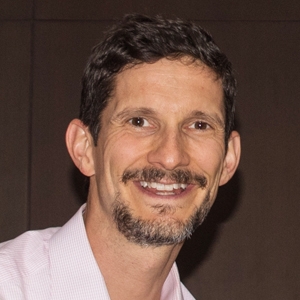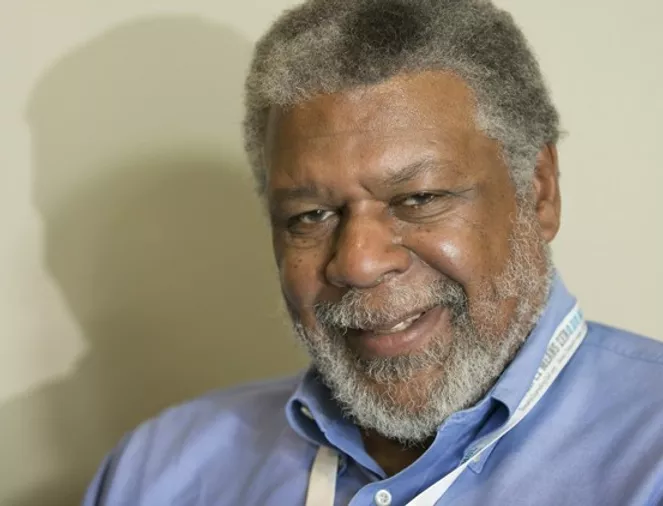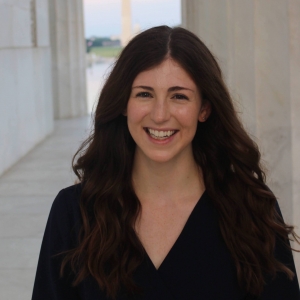About
We have turned a corner in the tobacco epidemic because the evidence is clearly demonstrating that overall smoking prevalence is declining.
This encouraging development is due to the tobacco control efforts of governments, civil society, and the international community, including through the WHO Framework Convention on Tobacco Control (FCTC). This change means more lives saved, and healthier and more productive societies. Overall global tobacco consumption has also continued its modest decrease since our last Atlas, but there remain some dark clouds: there are still more than 1.1 billion smokers in the world and youth smoking is increasing in dozens of countries. Change is happening, but not quickly enough.
This seventh edition of the Tobacco Atlas once again brings a compelling and comprehensive guide to today’s key tobacco control issues by combining two concomitant narratives: the harshness of the wreckage that tobacco causes and the tools that countries are successfully using to address these challenges.
The first half of the narrative tackles key aspects of the disastrous consequences of tobacco use. It starts with Growing because the deforestation to clear land and the intense use of chemicals to cultivate tobacco leaf mean that the damage starts before a tobacco sprout even pokes through the soil. In the meantime, tobacco companies are aggressively Marketing their products, mainly to youth and children. This all contributes to Product Sales of varying types in the hundreds of billions of dollars annually (and tens of billions in profits). The Atlas begins to count the human consequences in the Prevalence (Adult) and Prevalence (Youth) chapters. Because smoking is not the only deadly tobacco product, the next two chapters address non-cigarette tobacco products that are causing myriad public health challenges globally: Smokeless tobacco and E-cigarettes. The next two chapters examine the physical consequences: Health Effects and Death.
The second half focuses on the evidence-driven tools and strategies that we are using to tackle the tobacco epidemic. We begin with Global Strategy, which of course begins its focus on the FCTC, but also examines closely related efforts such as the UN Sustainable Development Goals. Next, we examine tobacco Taxes, typically viewed as the most effective but least implemented tobacco control measure. Next, the Atlas’ corollary to the Marketing chapter is Counter-marketing – how governments use tools such as warning labels and plain packaging to replace the tobacco companies’ increasingly loud messages with truthful, science-based narratives. The Atlas also tackles Media Campaigns, a wildly successful population-level intervention in many countries. The next topic focuses more on the individual level and explores smoking Cessation. Finally, it would not be the early 2020s if we did not take time to consider tobacco control in the time of COVID-19.
For the first time, the Tobacco Atlas includes “special topics” that we believe merit more in-depth examination and, often, call upon experts outside of our author team to help. To kick things off, Tobacco Atlas has proudly partnered with our colleagues at the African American Tobacco Control Leadership Council in the US to write the new Race, Ethnicity and Equity chapter. Equity is at the cornerstone of successful tobacco control and this discussion begins to tackle many of the key complexities.
Finally, we offer a Path Forward as we consider where we go next so that we can report in the eighth edition that we have finally brought the number of smokers in the world below 1 billion (and then to keep going down from there…).
For the ambitious we suggest making your way systematically through the topics, reading it as a whole— a comprehensive narrative of the complete “cycle of tobacco.” Alternatively, authors wrote each chapter to stand on its own and to serve as a one-stop resource if you need to understand the central debates of a major issue and/or to download useful, current data.
We hope the Tobacco Atlas will inspire you to action to improve tobacco control in your country and will provide helpful guidance on the many tools to achieve these goals.
Acknowledgments
The editors and authors of the Tobacco Atlas owe a debt of gratitude to a number of colleagues for their assistance and collaboration developing this new 7th edition. First, we wish to thank sincerely our earlier co-authors Michael Eriksen and Judith Mackay who were instrumental in the Atlas’ earliest days and then through the years. We also thank our close colleagues on the previous edition of the Atlas from which we borrowed several major concepts: Zach Cahn, Jacqui Drope, Farhad Islami, Alex Liber, Nigar Nargis and Michal Stoklosa. We are very grateful for the support and collaboration on data sharing from the Institute for Health Metrics and Evaluation and their Global Burden disease work, and the teams at the World Health Organization who work on the Global Tobacco Control Reports and their tobacco use surveillance and forecasting. The teams at these organizations have gone above and beyond to help us bring the Atlas to fruition. Finally, we are hugely grateful to the Bloomberg Philanthropies for supporting this edition. Of course, the views expressed in the Atlas do not necessarily represent any of these individuals or organizations, and all errors remain ours.
Suggested Citation:
Drope J, Hamill S, Chaloupka F, Guerrero C, Lee HM, Mirza M, Mouton A, Murukutla N, Ngo A, Perl R, Rodriguez-Iglesias G, Schluger N, Siu E, Vulovic V. The Tobacco Atlas. 2022. New York: Vital Strategies and Tobacconomics.






























